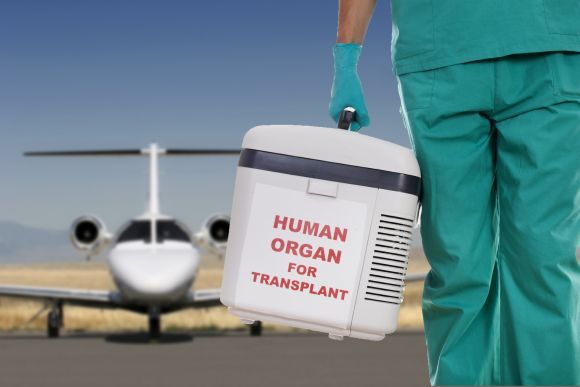Organ donation is an issue that involves complex ethical and legal considerations, which have recently been brought to light in the news about ‘Max and Keira’s Law’ brought into enforcement in England.
Max and Keira’s Law (officially: Organ Donation (Deemed Consent) Act 2019)
The Organ Donation (Deemed Consent) Act 2019 was a bill passed in 2019 which proposed to change the organ donation process in England to an ‘opt-out’ system, much like that in Spain and Croatia. The bill was named after Kiera Ball, a nine-year-old girl who was killed in a traffic accident, whose heart was donated to Max Johnson, also nine at the time. Max Johnson and his family campaigned in favour of an opt-out system, which was recognised by the government in 2018 and set in motion the creation of this bill. You can read more about their story here.
This Act came into force on 20th May 2020, following a public awareness campaign after the Act received Royal assent on 15th March 2019.
Why was this needed?
There are more than 6,000 people currently on the organ transplant waiting list, with 3 patients dying per day while waiting for an organ. While the public support for organ donation is high, there remains a large discrepancy between the number of registered donors and those awaiting donations.
Before this law was passed, a poll showed eighty-percent in England supported organ donation, whilst only 38% had opted in. This leaves families with a difficult decision when their loved ones pass. When faced with this decision, if families are unsure of their loved one’s wishes, less than half consent for donation.
With the act in place, the government estimates that this will save an additional 700 lives per year by 2023.
Ethics
Consent is a property of medical ethics and is closely tied to the concepts of autonomy and capacity. Autonomy forms one of the 4 pillars of medical ethics and is the ability to decide and act for oneself. Patients may exercise their autonomy when refusing treatment for medical intervention, as long as they have capacity. Capacity, also known as competence, is a necessary condition for a decision to be accepted. In some cases, a decision to terminate life-saving treatment can be overridden if the patient is deemed to lack capacity (examples of this include mental illness).
Presumed consent is a type of consent which relates closely to organ donation. It is described by the World Health Organisation (WHO) as consent which permits the removal of tissue from the body of a deceased person for transplantation, anatomical study or research, unless the deceased explicitly expressed their wishes against this. This is a different interpretation of consent to that which we normally see, in that passive inaction itself is seen as a sign of consent. This is sometimes called implicit consent.
Arguments against presumed consent
One of the main arguments against presumed consent is that the process of informed consent would no longer be involved. It could be said that an organ is no-longer strictly ‘donated’ as a gift, but rather ‘taken’ from the deceased patient. If this does not represent the patient’s wish, it would be an active infringement of their autonomy.
A moral dilemma presents itself when organs fail to be removed when this is desired, which is a similar violation of autonomy. Some would consider this to be the lesser of two evils however, and a passive failure to bring about a desirable outcome. (See the Trolley Problem)
Summary
The act is an exciting new chapter for organ donation in England. With more adults automatically listed as organ donors, it is likely that many more transplants will occur, saving the lives of patients who may otherwise have died on the waiting list.
Ethical considerations must be taken into consideration to ensure the rights of potential donors are protected, and wishes respected.
Want to learn more about medical ethics?
- The Medic Portal article on the 4 pillars of medical ethics
- Medical Ethics: A Very Short Introduction – a concise book that helps think about the values doctors strive to uphold.


Leave a Reply